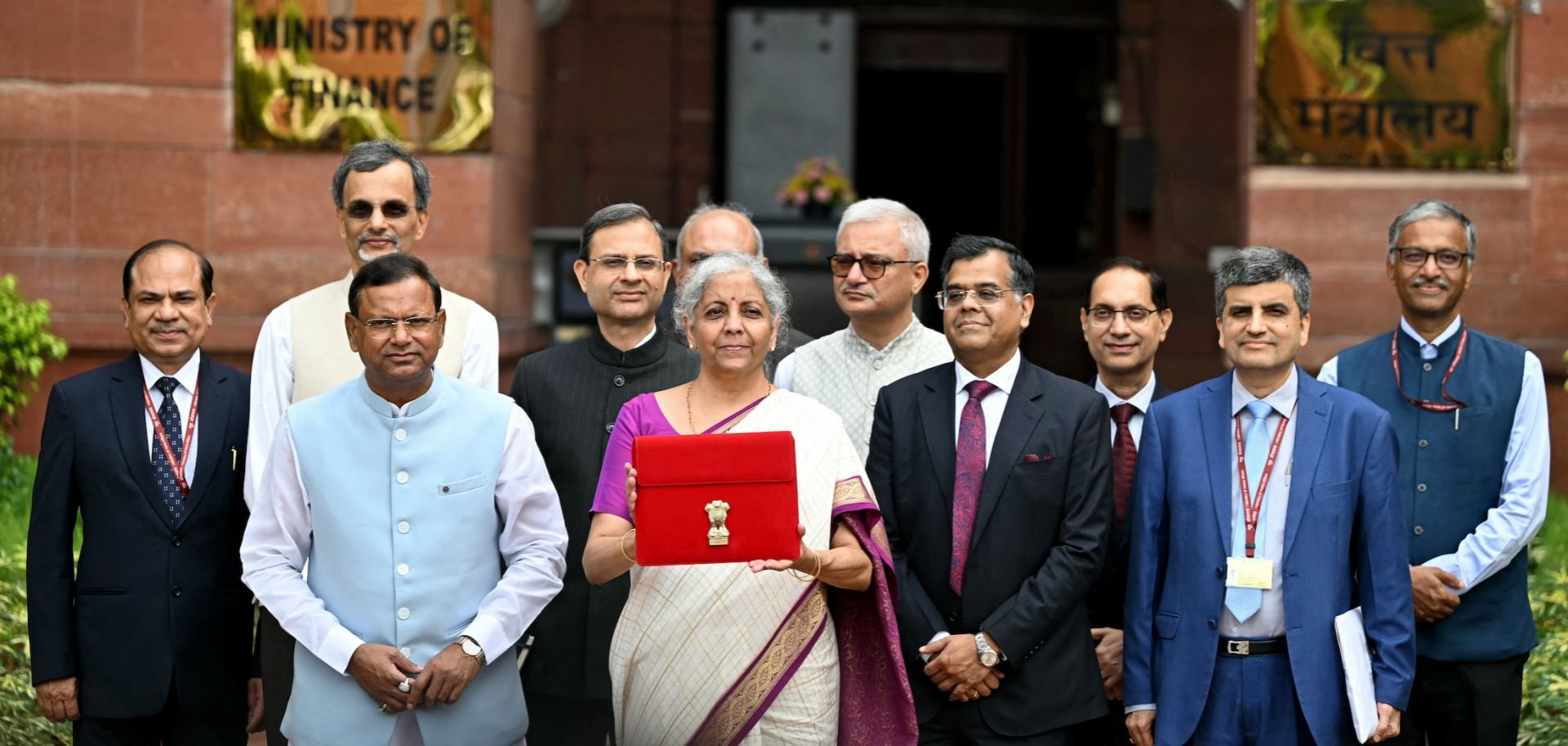India's budget, likely to be passed, is set to attract foreign capital and potentially boost the economy thanks to its focus on job creation, infrastructure development and reduced tax provisions while maintaining fiscal consolidation; meanwhile, challenges in youth unemployment and passing structural reforms will likely persist. On July 23, Indian Finance Minister Nirmala Sitharaman presented the annual budget to parliament. This was the first budget since India held its April-June parliamentary elections, when the governing Bharatiya Janata Party (BJP) performed worse than anticipated, requiring support from smaller parties in the lower chamber of the legislature to remain in power. Notably, the budget includes a 1.2% spending increase compared with February's interim budget of $575 billion and it sets a lower fiscal deficit target of 4.9% of GDP for the financial year ending March 2025, down from 5.1%. Additionally, the budget aims to meet the spending demands of the BJP's key...

